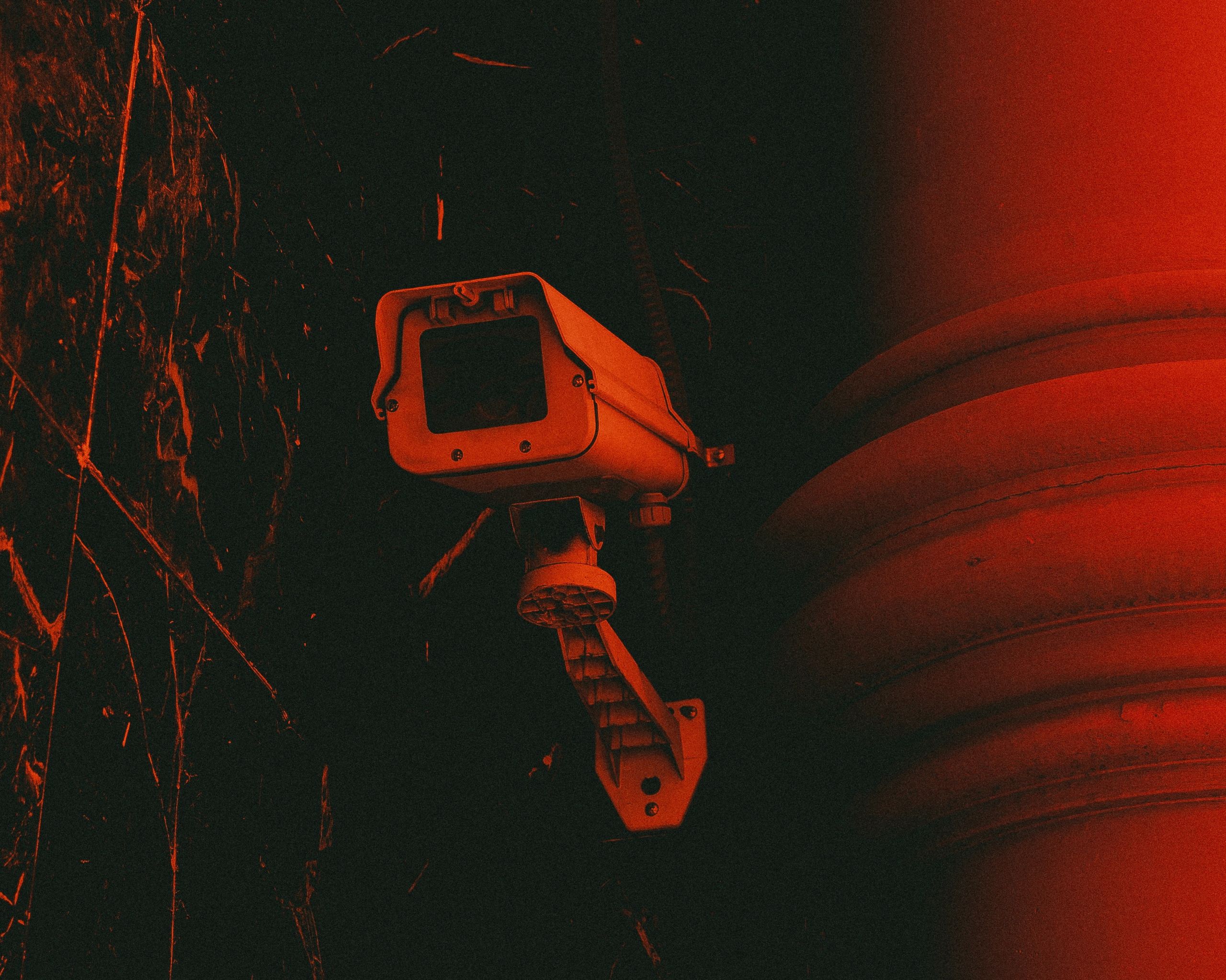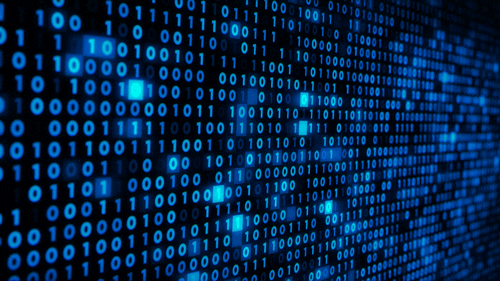Online teaching and the problems of surveillance

(Photo by Parker Coffman)
As online teaching becomes increasingly common, there is a need to talk about issues of data privacy, surveillance, and not least ownership. At present, we are not sure that everybody has fully realized how much individual-level data is collected and stored, nor is there a discussion about when such data collection without clear aims or objectives becomes too much.
Opinion | 26. Oct 2020
Written by Kristian Roed Nielsen, assistant professor, and Jan M. Bauer, associate professor at Department of Management, Society, and Communication, CBS
Online learning is an ever-increasing part of CBS educators’ and students’ lives – not least because of coronavirus – but also due to the concerted efforts by CBS to promote blended learning. This shift to online teaching has brought about a host of questions that the Codex for Responsible Online Learning seeks to answer. But in our eyes, there is a glaring point missing about data privacy, surveillance and not least ownership.
The problem stems from the fact that, as teachers, via Canvas and Panopto, we can get a significant amount of detailed individual-level information on student (in)activity. We can monitor who has seen what, for how long, their level of engagement, and their performance on quizzes and assignments. In fact, the more we employ these platforms, the more detailed accounts we get of students’ personal performance and engagement. Now this has often been framed in the language of personalized learning, where these various forms of teaching allow us to create an adaptive learning platform to suit different students’ needs. However, the level of personalized data collected year on year for each course raises a host of questions that we think need to be discussed.
Firstly, to what degree is this individual-level monitoring of students okay? When does it become problematic? Is a passive overview fine, but detailed accounting a problem? What if a teacher develops an algorithm that assigns students a suggested grade based on their activity and performance during a course? Or uses it as a means to sort out deserving and undeserving students. For the large majority of teachers, this will most likely not be the case, but even without this, the degree of information on student activity arguably has the potential to significantly bias teachers in one direction or another. Also, how accurate is this data? Study groups might engage jointly with the material and thus individual-level data may misrepresent actual effort.
Secondly, which data is collected and why. Data can be an enormously powerful tool for identifying students who might benefit from extra support, but there is also a line where data collection without clear purpose or benefit becomes ethically problematic. The question is: where do we stop and allow students the default option of being anonymous, especially when there is no option of opting out of Campus or Panopto. We frequently hear about students not engaging in online material, such as quizzes or discussions, as they leave a public, digital record. This makes it harder for us teachers to engage with our students, and impairs their learning experience.
Finally, what about ownership? For CBS, this data can be used for a diversity of purposes from ensuring that poorly performing students are identified and offered help, to aggregate-level predictions on student performance. While we doubt this is happening at the moment, there are still vast amounts of personalized details stored somewhere that could easily be linked to student performance, which creates powerful and scary means to segment students. So, the question remains: who owns this data? CBS, the teachers, the students, Panopto?
This is not a fight against online teaching, nor personalized data when employed correctly, but we do wonder whether anyone has really considered these important questions regarding how we employ online teaching. We need to have a conversation about what are the limits on data we should collect, who should have access, how much say should individuals have on data collected, and not least who owns it?




































































































































Comments